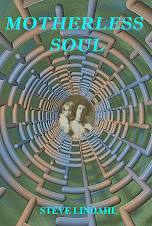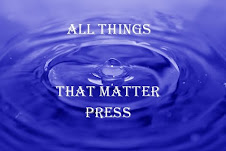 Madame Bovary PLUS Three Short Tales by Gustave Flaubert
Madame Bovary PLUS Three Short Tales by Gustave FlaubertMy rating: 5 of 5 stars
Madame Bovary has been on my list of books to read for decades, but for various reasons I always made other choices. Then my wife decided to learn French and as part of that process read the novel in its original language. I decided to finally pick up this book because it would be fun to discuss when we were both done. I read an English translation by Eleanor Marx Aveling who was one of the daughters of Karl Marx and, following in her father's footsteps, a socialist. I didn't know Marx's background at the time I read the book, but find it interesting, since the results of Emma's decision to pursue a life of self indulgence seem to exemplify the horrors that can happen to people who seek self gratification. In other words, if you believe “greed is good” you probably won't like this book.
I read somewhere that Madame Bovary along with Tolstoy's Anna Karenina are the two greatest “adultry” novels ever written. I'm not sure how anyone can make a statement like that, since so many novels have been written about adultry. But there is definitely a connection between these two works. Anna, however, is somewhat sympathetic, being drawn to a single lover she can't resist. On the other hand, Emma's true love seems to be herself. Here's a section from the book when Emma is sitting at an agricultural fair with Rodolphe, the man she's currently attracted to, and reflecting on all the men in her life – except, of course, her husband.
Then a faintness came over her; she recalled the Viscount who had waltzed with her at Vaubyessard, and his beard exhaled like this air an odour of vanilla and citron, and mechanically she half-closed her eyes the better to breathe it in. But in making this movement, as she leant back in her chair, she saw in the distance, right on the line of the horizon, the old diligence, the "Hirondelle," that was slowly descending the hill of Leux, dragging after it a long trail of dust. It was in this yellow carriage that Leon had so often come back to her, and by this route down there that he had gone for ever. She fancied she saw him opposite at his windows; then all grew confused; clouds gathered; it seemed to her that she was again turning in the waltz under the light of the lustres on the arm of the Viscount, and that Leon was not far away, that he was coming; and yet all the time she was conscious of the scent of Rodolphe's head by her side. This sweetness of sensation pierced through her old desires, and these, like grains of sand under a gust of wind, eddied to and fro in the subtle breath of the perfume which suffused her soul. She opened wide her nostrils several times to drink in the freshness of the ivy round the capitals. She took off her gloves, she wiped her hands, then fanned her face with her handkerchief, while athwart the throbbing of her temples she heard the murmur of the crowd and the voice of the councillor intoning his phrases. He said—"Continue, persevere; listen neither to the suggestions of routine, nor to the over-hasty councils of a rash empiricism.
I loved the process of following Emma Bovary as she made selfish decisions, rationalized her behavior, and paid the consequences. There are many reasons to read Madame Bovary, including its influence on later novelists, but it is the careful, detailed exploration of Emma's character that make this novel a masterpiece.
View all my reviews








